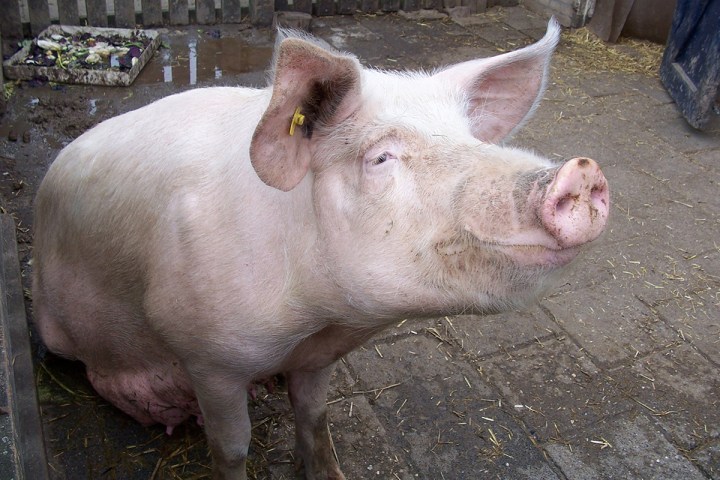
United States scientists are now attempting unconventional means to meet this growing demand – with researchers from the University of California, Davis injecting human stem cells into the embryos of pigs, reports BBC. The results are human-pig chimeras, which remain in live sows for 28 days before the scientists terminate the pregnancy and remove the embryonic tissue for study. Humans and pigs have similar physiologies, which allows scientists to use swine in biomedical research and apply their findings to humans.
Here’s how the organ growing process works. Using a gene editing technique called CRISPR, scientists first remove the part of a freshly fertilized pig embryo’s DNA that instructs the fetus to grow a pancreas. Human stem cells –which are able to develop into any kind of tissue– would then be injected into the pig embryo and allowed to fill the gap created by the initial DNA removal. If all goes as planned, the embryo then grows into a human organ inside the pig.
If you have some concern about human-pig hybrids and animal testing, you’re not alone. In September, the United States’s National Institute of Health (NIH) said it would not fund any research “in which human pluripotent cells are introduced into non-human vertebrate animal pre-gastrulation stage embryos…” In other words, although the NIH may reconsider its position in the future, it refuses to participate in any current research that entails growing human organs in non-humans.
Meanwhile, organizations against animal testing and factory farming are unsettled by the research. “I’m nervous about opening up a new source of animal suffering,” Compassion in World Farming’s Peter Stevenson told the BBC. “Let’s first get many more people to donate organs. If there is still a shortage after that, we can consider using pigs, but on the basis that we eat less meat so that there is no overall increase in the number of pigs being used for human purposes.”


